Healing Vulnerability
BY GHIPSEL CIBRIAN | February 23, 2017
The first time I stood in any security-screening line I was five years old. My mother and I were flying north leaving behind my beloved Mexican valleys, avocado trees, and chile in every form possible.
Within the last four years, I joined the security-screening lines three more times; the second time to become a United States citizen, the third to become an exchange student in Brazil, and most recently to become a Jesuit Volunteer in Peru. While standing in security-screening lines, I realized that my brokenness is no excuse to turn away from the pain of others.
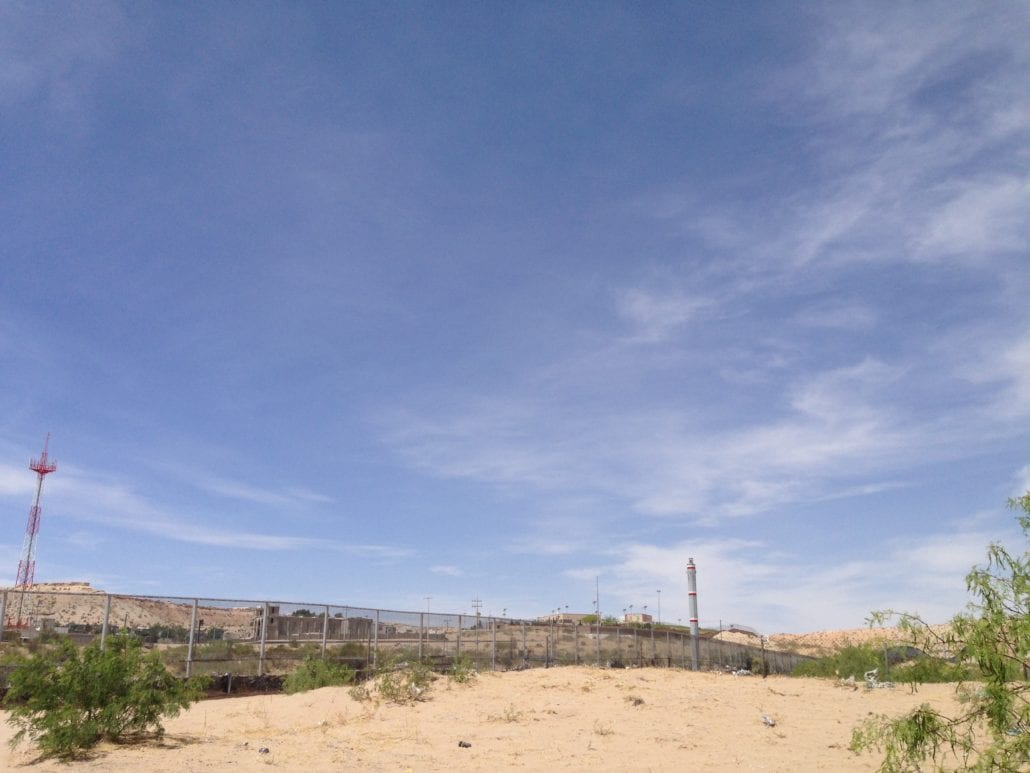
U.S.-Mexico border, 2014
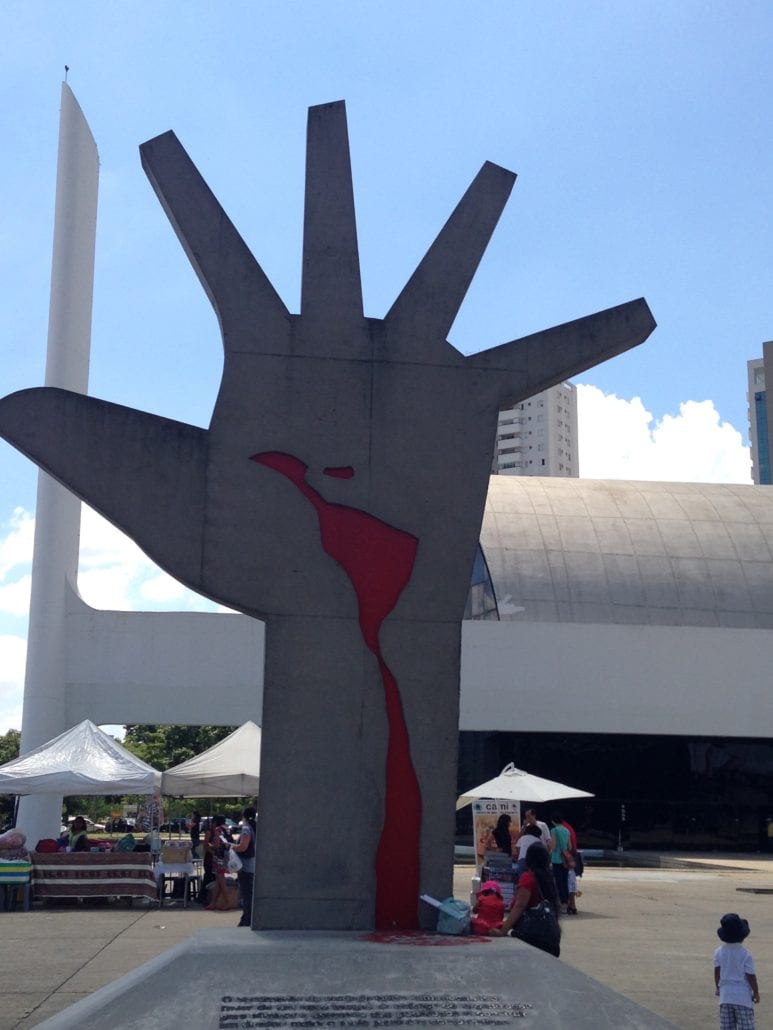
Latin American Memorial, São Paulo Brazil. 2015
I was bewildered to stand with Syrians and Haitians in Brazil’s Federal Police headquarters security screening line, then again with Venezuelans in Peru’s Interpol office (Interpol is an international security network). Brazil and Peru acknowledged the wounds of these people, the 2010 earthquake in Haiti, the eternal civil war in Syria, the economic crisis in Venezuela. These two countries amidst their own scandals and complexities offer healing ground. With their own wounds and pain they say yes to people who hurt.
What a staunch juxtaposition to the executive order for a travel ban on seven Muslim countries, or to the proposal to expand the border wall between the United States and Mexico! My current physical distance is a privilege, but my emotional one is a cross as my mixed-status family fears future action against migrants.
Peruvians are inquisitive to learn why a country of hope shuts down. Our conversations challenge me to acknowledge Americans’ raw wounds. To reflect further on my commitment to live in community, while also thinking about children lost to war, racism, jobs shipped overseas, and prejudice.
At the heart of community is becoming vulnerable with one another, a courageous commitment to love. In sharing our wounds our healing becomes pregnant with hope and the illusion of isolation is shattered; the rancor that hardens our heart turns to dust. It is not enough to learn to live with community mates to be a community. When we accompany one another in healing our wounds that is where we become a community.
Peruvians in their civic accompaniment strengthen my conviction in healing vulnerability. Brazilians and Peruvians are open to living with these new people. The challenge is if they will become a community with them, and whether or not they will engage in healing vulnerability.
Both sides of the Andes have shaken me from the impression that I need to be perfectly strong to be someone for others. As I commence my pilgrimage as a Jesuit Volunteer, I have witnessed that in our vulnerability, brokenness, and pain we become human with others.
Ghipsel Cibrian is a Jesuit Volunteer who will depart for Andahuaylillas, Peru in late 2016. Ghipsel majored in Government at Georgetown University and is from New Rochelle, NY.

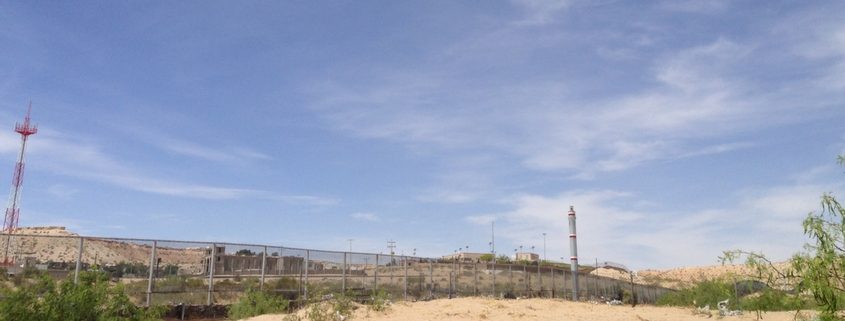
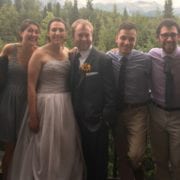
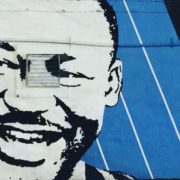
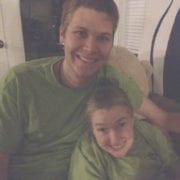
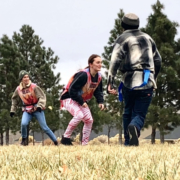
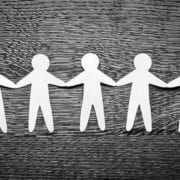
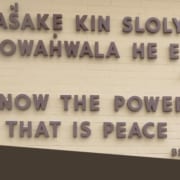



Trackbacks & Pingbacks
[…] vulnerability and community was originally posted on the Ignatian Solidarity Network’s #JVReflects […]
Leave a Reply
Want to join the discussion?Feel free to contribute!